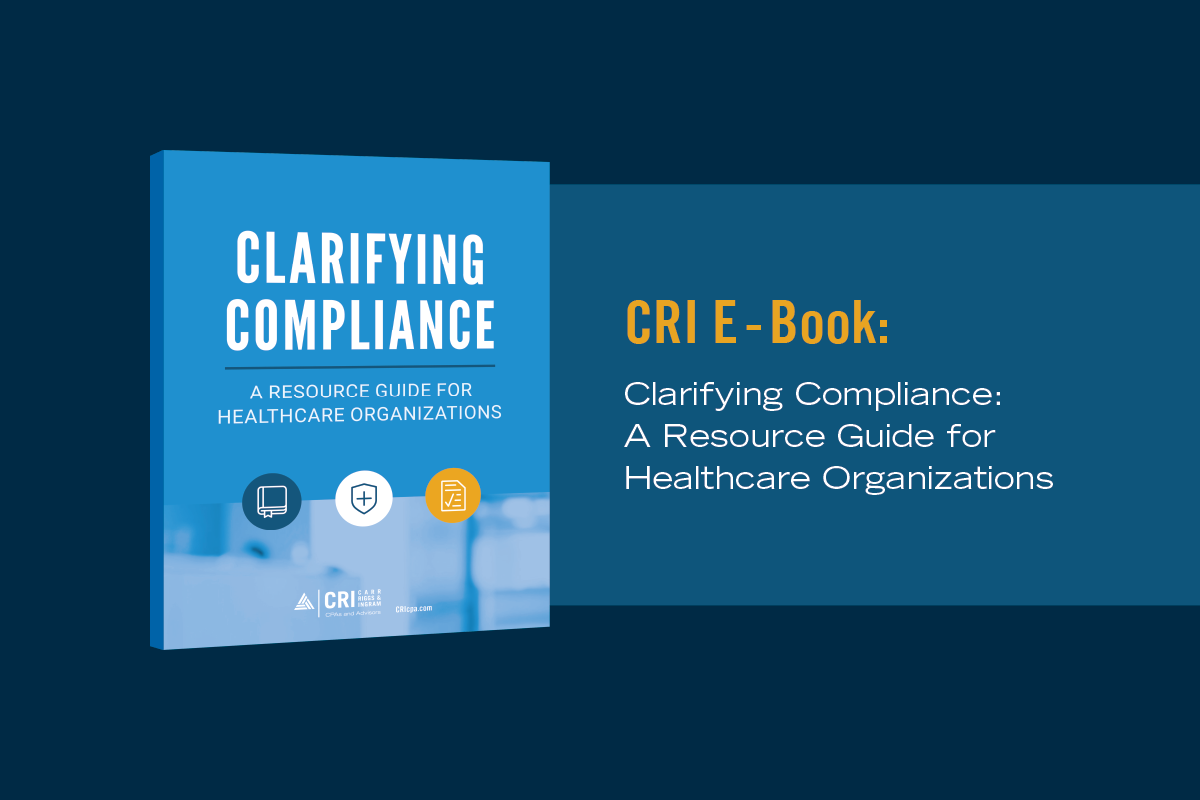Differentiating Between Independent Contractors and Employees
Jul 21, 2023
A common misconception held by many businesses is that as long as they fulfill all tax obligations, the potential misclassification of an employee as an independent contractor won’t cause any problems. However, this is a mistaken belief. Recent years have seen an increase in enforcement actions by both federal and state authorities targeted at rectifying the incorrect classification of workers. It’s becoming increasingly clear that regulatory bodies are prioritizing the issue, demonstrating that the accurate classification of employees and contractors is a vital compliance concern for businesses.
Consider the Advantages of Independent Contractor Status
It comes as no surprise that employers often prefer that their workers be treated as independent contractors. By being labeled as an independent contractor, an employer can avoid a number of financial obligations that come with employees—like federal income tax withholding, paying for the employer’s share of FICA taxes (and withholding the employee’s share), and making payments on federal unemployment taxes (FUTA).
By labeling an individual as an independent contractor, the employer also avoids other obligations under state laws. Some of these avoided obligations include state income tax withholding, paying state unemployment taxes, paying or withholding state disability insurance contributions, and furnishing compensation insurance for workers. However, it is important to note that some states may still require employers to provide workers’ compensation to their contractors or, in certain situations, pay unemployment tax on specific amounts paid to contractors. Contractors are never actually guaranteed any type of minimum wages, employee benefits, overtime, or other rights offered to employees.
Understand Why it Matters
There is a common misconception regarding the IRS and state tax authorities’ emphasis on worker classification. Many believe that as long as they receive the taxes they owe, they will not think twice about any misclassification. After all, independent contractors are still liable for taxes that the employer otherwise pays. However, the government still places a large amount of focus on proper classification because:
- Defaulting on tax obligations becomes less likely for employers.
- Collecting taxes from several independent contractors is much more complicated than a single employer.
- The government intends to maximize unemployment contribution, regardless of if all taxes are collected.
- It is within the best interest of the U.S. Department of Labor, state labor departments, and other employment security agencies to expand the class of workers entitled to wage-and-hour protections, employee benefits, and workers’ compensation coverage.
Misclassification of employees and independent contractors can be harsh. For example, an employer may be required to pay back taxes (including an employee’s share of unpaid payroll and income taxes), plus interest and penalties if the IRS determines that a contractor should have been classified as an employee. If an employer lacks the resources to pay these liabilities, the IRS can collect from “responsible persons,” including a selection of certain executives, partners, or managers. Remember that even if all contractors satisfy their tax obligations, federal and state tax authorities can still impose penalties on employers who misclassify their workers.
Protect Yourself and Your Business
It’s essential to assess whether your independent contractor constitutes as an employee under federal and state law. To make this determination, the IRS examines the nature of your relationship with a worker and various factors that reflect the level of behavioral and financial control.
Several factors affect whether or not a worker is considered a contractor. They are typically deemed as a contractor if they control how and when the work is done, cover their own expenses, or invest in their own facilities and tools. If an individual makes their services available to the relevant market and can realize profits or incur losses, they would also be considered a contractor. The IRS also considers the parties’ written agreements, the permanency of the relationship, and any benefits provided to the worker.
Stay Proactive, Not Reactive
Given the significant financial implications of misclassification, it is essential for businesses to be proactive in correctly distinguishing between employee and contractor statuses. Should there be any uncertainty surrounding potential liabilities, reach out to your CRI tax advisor. They can provide valuable insights and discuss the various options available to ensure your business stays in compliance with the prevailing regulations.





















































































































































































































































































































































































































































































































